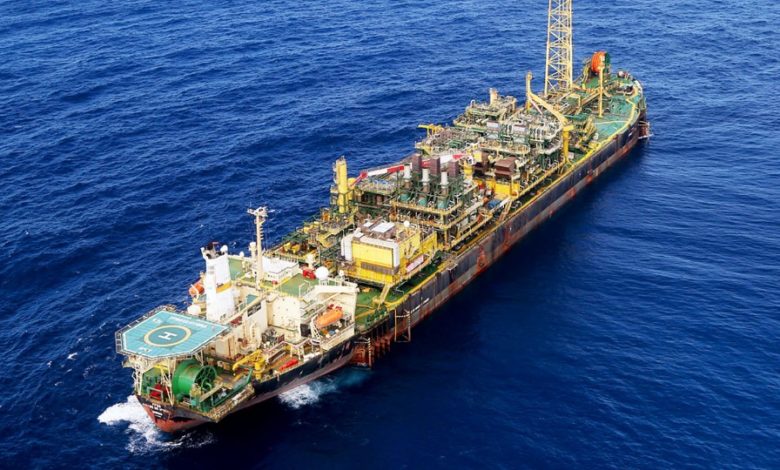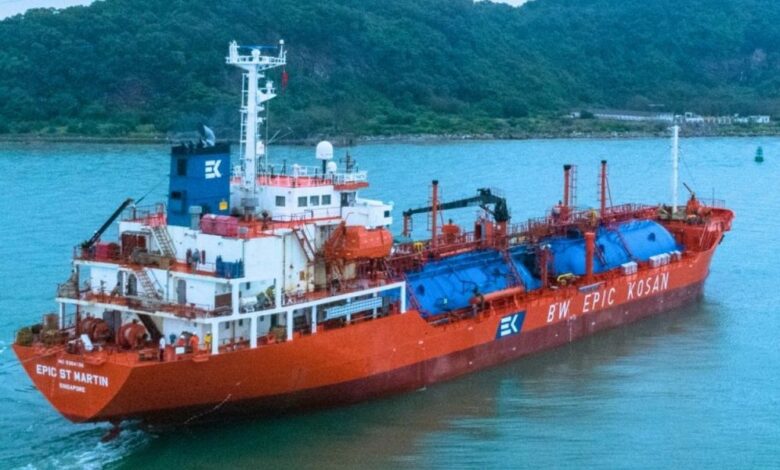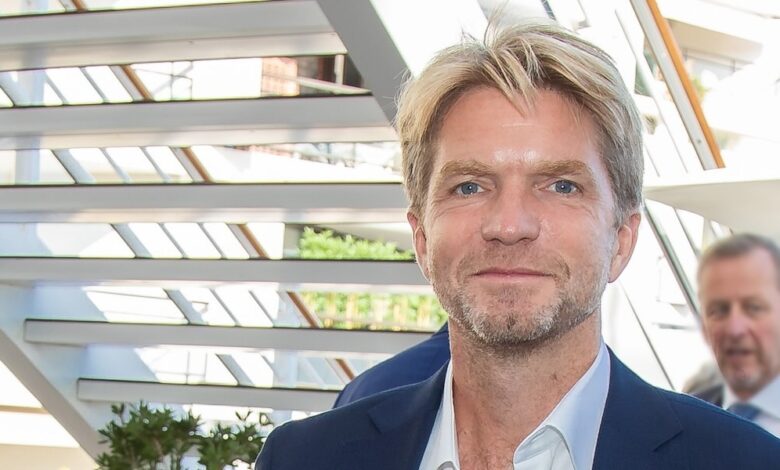Energy News Beat

Oslo-listed BW Energy has made a final investment decision for the Golfinho Boost project, aiming to increase incremental oil production from 2027 by 3,000 barrels per day.
According to the company, the project will also increase uptime and reduce operating expenses at the Golfinho field offshore Brazil.
The project includes multiple measures aimed at boosting production efficiency and increasing recoverable reserves by approximately 12m barrels.
The measures include upgrades to the subsea boosting system by replacing gas lift with electrical submersible pumps at the seabed, reopening of shut-in wells, umbilicals replacement, improved field logistics and FPSO capacity enhancements. The total investment budget is $107m.
“The planned low-risk enhancements to field assets and operations offer very attractive returns and are expected to help unlock material long-term value creation for the company and its stakeholders,” said Carl K. Arnet, CEO of BW Energy.
The Golfinho field is in the Espírito Santo Basin, with water depths between 800 and 1,700m. BW Energy is the operator with 100% working interest in the Golfinho license following the August 2023 acquisition of the Golfinho and Camarupim clusters.
Hydrocarbons are produced to the FPSO Cidade de Vitória, which BW Energy acquired and has operated since November 2023. The field has been producing since 2007.
The post BW Energy sets aside $107m to boost production from Brazilian deepwater field appeared first on Energy News Beat.





















